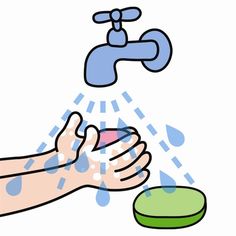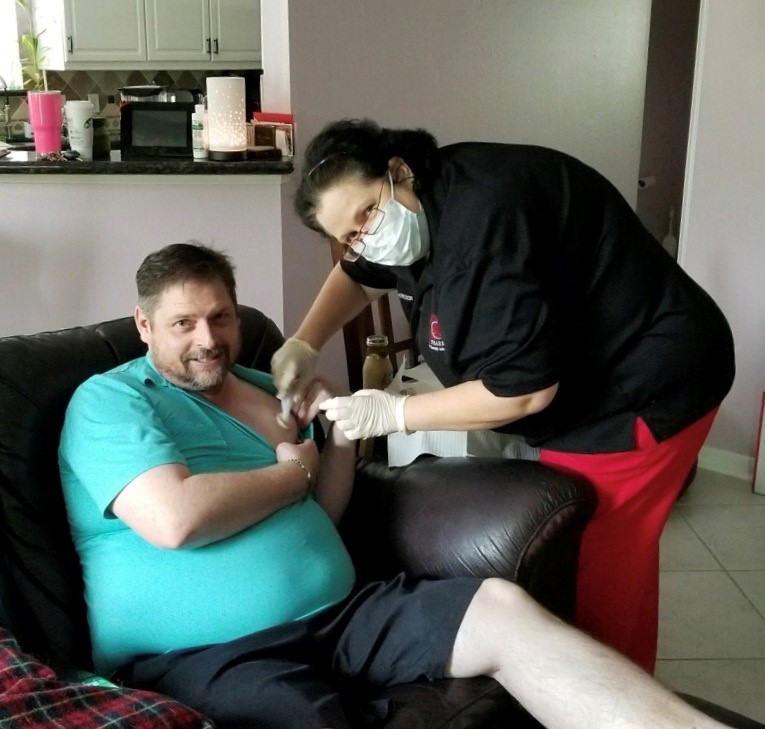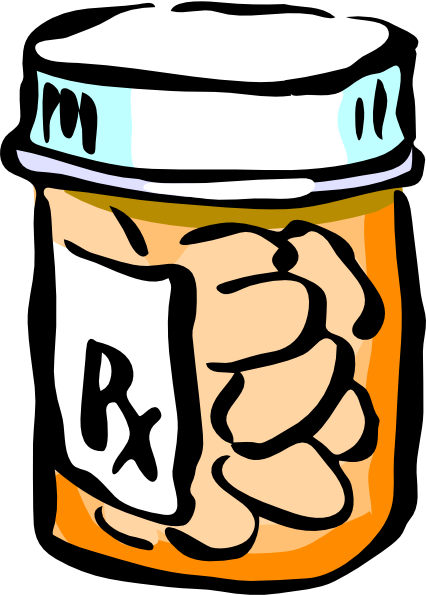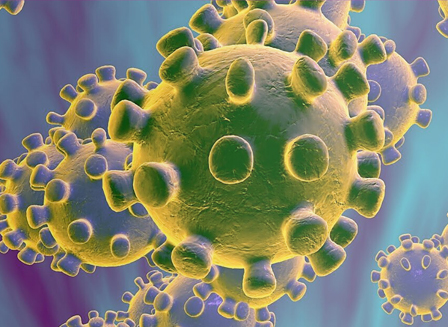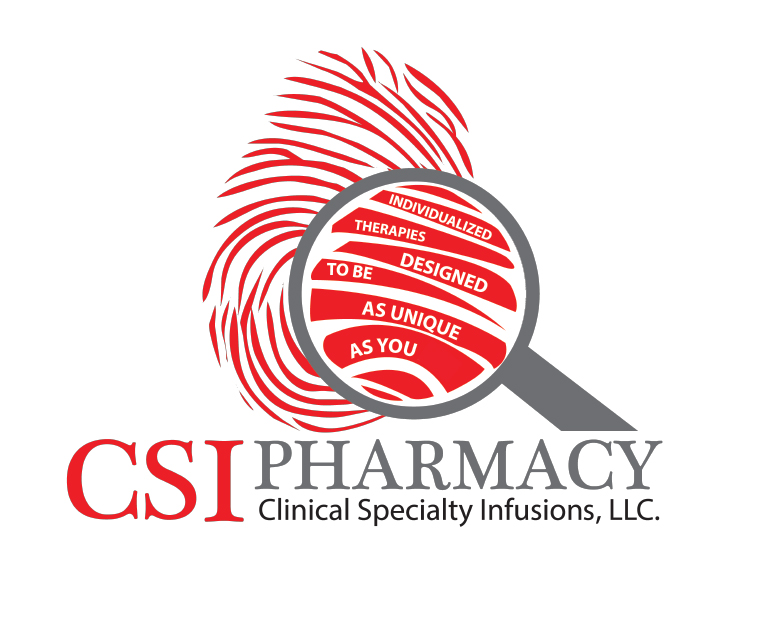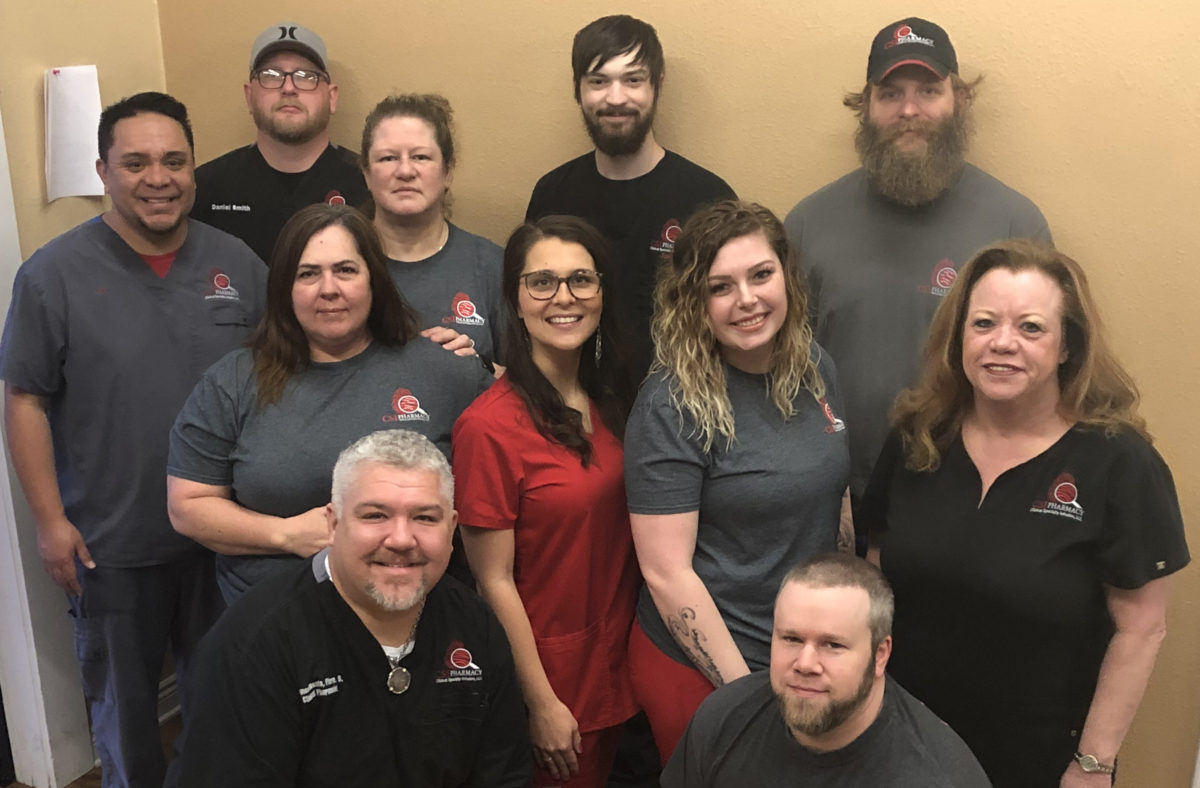Creating opportunities to treat yourself with kindness is one of the most important things you can do when you live with a chronic illness. But what happens in this time of social distancing when the gym is closed and you can’t exercise your way out of the doldrums? How do you share your normal frustrations when getting together with friends means putting yourself at risk for coming down with a deadly virus?
Even when you’re stuck at home, there are lots of things you can do to take care of yourself. Here are a few suggestions. Please feel free to add your own ideas in the comments section.
- Take a walk. Exercise is just as important to mental health as it is to physical health. Get outside and enjoy the fresh air. Notice the chatter of birds and the beautiful sunset. You can even take a friend or neighbor along. Just stay at least six feet away from each other.
- Organize virtual get-togethers. Being in touch with friends and family is even more important now when we’re isolated and worried about getting sick. Luckily video conferencing is not just for meetings anymore. Do coffee, lunch, or happy hour together with friends. Plan a virtual game night. FaceTime often with family and friends. Just be sure to stay in touch with those you love.
- Do something you love. Is gardening your passion? Does painting or drawing help you to relax? Is that stack of books still sitting next to your bed? What about that recipe you’ve been wanting to try? Now is the time to dive into all those joys that you’ve been too busy for in the past.
- Get enough sleep. Now more than ever it’s important to get the sleep you need. For adults that means seven to eight hours every night. If you have trouble falling asleep or staying asleep, try turning off the electronics about an hour before bedtime. Fill that time with something relaxing, like a warm bath or some light reading.
- Express yourself. Did you know that singing and dancing release endorphins? These are the feel-good hormones your body produces to help you cope with stress. Laughing also releases endorphins, and guess what? You can get yourself into a serious giggle fit just by pretending to laugh. It’s the ultimate in fake it till you make it!
- Be mindful. Practices such as meditation and yoga have been shown to relieve stress and improve mental health. Take a few calming breaths now and then. List three things you are grateful for every day. Sit quietly and still your mind for 15 or 20 minutes. Find a yoga video on YouTube.
- Eat right. Now is not the time to binge on chocolate cake and Doritos. It’s better to stick to healthy eating. Include lots of colorful fresh vegetables and fruits, healthy fats like olive oil, plant-based proteins like beans and nuts, and whole grains like quinoa and brown rice. It’s best to avoid fast foods, processed foods, and sodas. A bit of dark chocolate and even a glass of red wine can be good for you.
As always, check with your physician before starting a new exercise routine or dietary changes.

